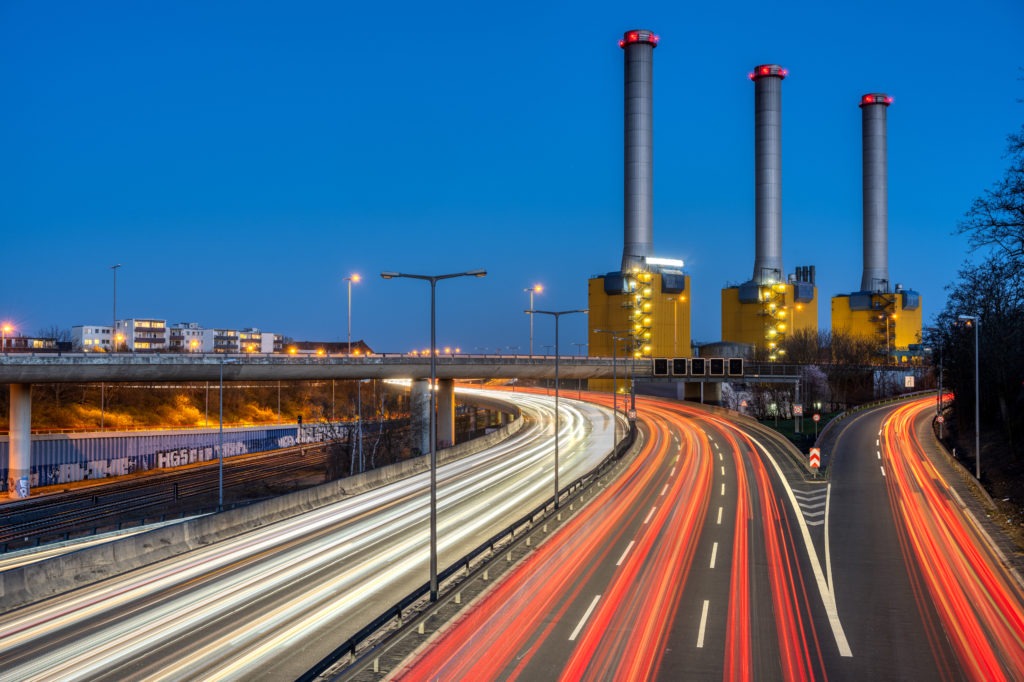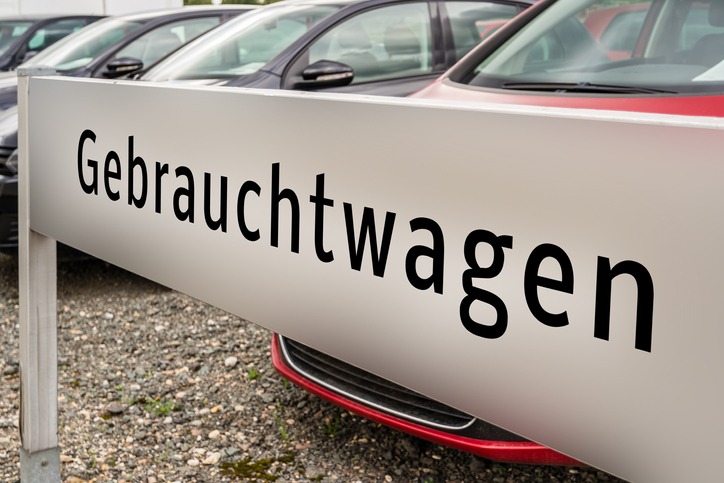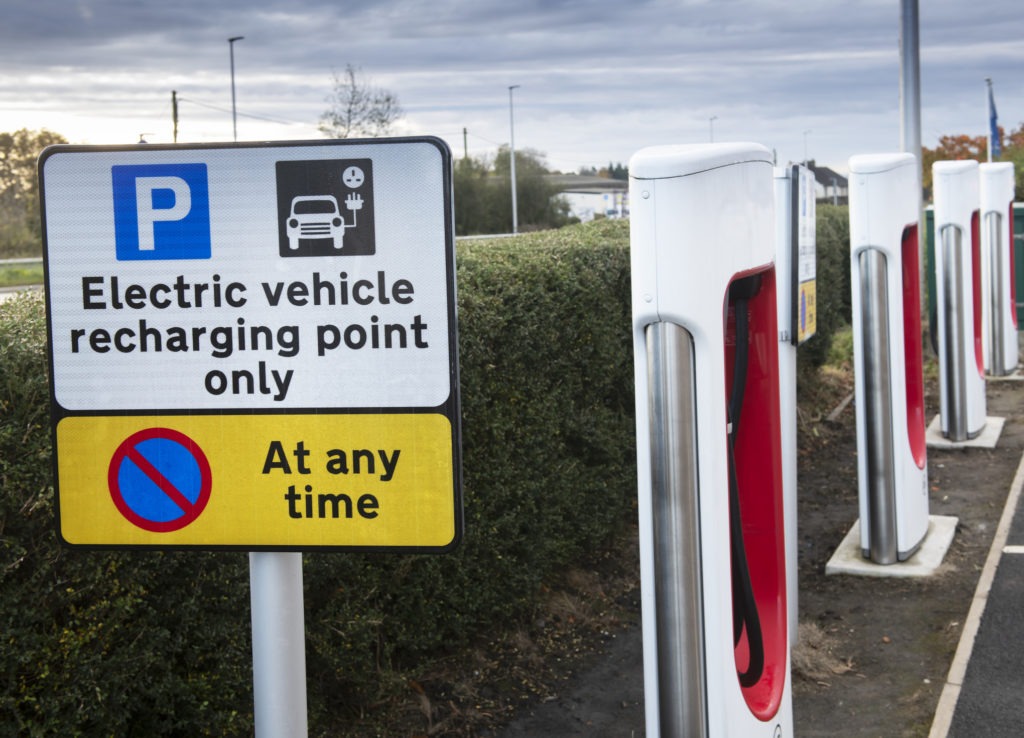German new-car market declines in November while BEV sales surge
06 December 2021

New-car registrations in Germany continued to fall in November, amounting to 198,258 units – a 33.7% decrease compared to the same month in 2019, according to the latest figures released by the Kraftfahrt-Bundesamt (KBA).
This marks a minor improvement on the 37.2% decline in October, one of the hardest-hit months of the year. However, November also benefited from one more working day compared to two years ago, whereas there was one less in October. On an adjusted basis, Autovista24 calculates the market contracted by a staggering 36.7% last month, following an adjusted fall of 34.2% in October.
The downturn in November is one of the most severe seen this year, with August also being a particularly difficult month for new-car registrations, while March and June performed comparatively well.
Overall, recovery is weaker than anticipated and echoes similar developments in other European countries – such as Spain, France, and Italy – where new-car registrations were down by about 30% in November, compared to 2019.
As dealerships endured COVID-19 lockdowns and subsequent releases of pent-up demand, year-on-year comparisons with 2020 are not helpful. On this basis, the latest figures are compared to 2019, which better represents the true performance of the country’s new-car market.
Price spikes and bottlenecks
Along with a new wave of COVID-19 cases and the emergence of a novel virus variant, known as Omicron, German consumers are also dealing with price spikes and high energy costs. Additionally, supply chain bottlenecks and a shortage of semiconductors weigh heavy on Europe's largest automotive market. Taking into account the wider economic perspective, the year-on-year inflation rate in the country continued to rise in November, climbing to 5.2%. However, inflation is expected to decline next year, having reached a peak last month.
These factors combined are taking a toll on the recovery of the new-car market in Germany, where the year-to-date figures in the first 11 months of 2021, compared to the same period in 2019, dropped by 28%.
Given this and the continuous delay in deliveries, Autovista24 has adjusted its forecast for 2021 to 2.6 million new-car registrations. At this level, the market will be 10.8% smaller than in 2020 and 27.8% down on 2019, marking the third year the country registers fewer than three million new cars since 2010. But looking ahead, Autovista24 is forecasting 2022 to be a better year, expecting 7% growth and total new-car registrations of 2.8 million units.
Electromobility booms
Ahead of the release by the KBA, the Germany-based Association of International Motor Vehicle Manufacturers (VDIK) said the new-car market had seen a major collapse in 2021 because of the ongoing semiconductor crisis. It added demand for new cars remains high, with incoming orders ‘at a good level’, but the industry keeps struggling with production and supply bottlenecks.
‘Our hope for a recovery in the motor vehicle market after the severe slump caused by the COVID-19 crisis in the previous year will be disappointed in 2021,’ said VDIK president Reinhard Zirpel. ‘However, the problem is not on the demand side. Customers want to buy more cars than the industry can produce. At the same time, the boom in electromobility has continued. That is the great ray of hope.’
Despite an overall decline in new-car registrations this year, battery-electric vehicles (BEVs) and plug-in hybrids (PHEVs) have benefitted from a sustained boom. BEVs made up 20.3% of new-car registrations in November, with brands such as Tesla and Polestar performing well in the month. Petrol remains the leading fuel type in Germany, accounting for 33.3% of registrations in November. Meanwhile, diesel cars made up only 15.8% of new car registrations, underlining an ongoing decline in a country keen on pushing electrification.
The VDIK expects a total of 660,000 new electrically-chargeable vehicles (EVs) to be registered in 2021, which translates into an EV market share of 25% in 2021, compared to 13.5% in 2020. Germany’s new government is intent on decarbonising transportation. The political parties aim to have 15 million BEVs on the roads by 2030. This means that every second newly-registered car will have to be purely electric by 2022, according to the German Association of the Automotive Industry (VDA).



